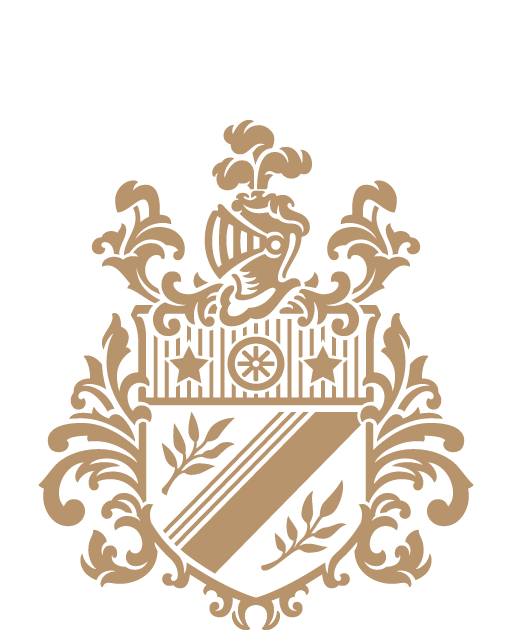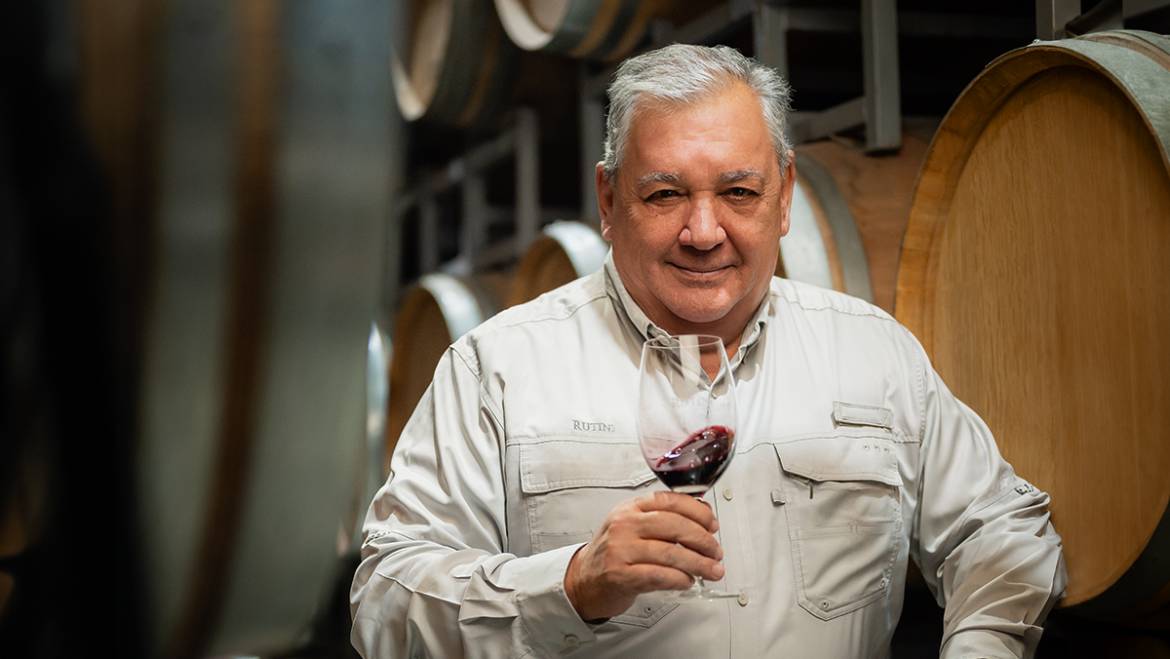A Conversation with Mariano Di Paola
The voice of an exceptional winemaker on his day

The celebration of Winemaker’s Day is a great chance to exchange with Mariano Di Paola, Head Winemaker at Rutini Wines, some snapshots of his career, his unparalleled experience, his views on current oenology and some of his old time memories.
Having been a professor at Don Bosco School of Oenology and Food Sciences of the Catholic University of Cuyo (Facultad Don Bosco de Enología y Ciencias de la Alimentación) for a number of years, Mariano usually pins inspiring phrases on the walls of the winery to share with his team, one of which he quotes from Albert Einstein: “Setting an example is not the main means of influencing others, but the only means”
It would be too long a tale to go over all the achievements accomplished by Mariano during his high-performing track record, so we will just recall that in 2018 he was chosen Legendary Winemaker by prestigious Tim Atkin and early this year he was honored as Winemaker of the Year by renowned Patricio Tapia’s Descorchados Guide (Guía Descorchados)
Below is the casual afternoon talk that took place in Mendoza a few days ago.
- What made you decide to pursue this career and fall in love with it?
I developed a passion for this profession at a very young age. Both my parents and grandparents used to enjoy wine at home. There were orchards, pergolas, and a deep respect for nature. This environment inadvertently conditioned the type of lifetime activity I would choose later on: one in the open air and linked to viticulture.
What captivates me the most about this profession is to be in contact with wines. I have been engaged in 43 vintages so far and I enjoy myself every single day I come to the winery. I do what I love and I get paid for that; besides I am very lucky to work for a company that is marked by constant growth.
- What is your approach to winemaking? Do you go by the standards of a specific philosophy? What is a “perfect” wine like for you and why?
The main driver for the winery and the whole team is quality. This was the key reason behind the construction of the winery in Tupungato in 2008, which I must say is equipped with cutting-edge technology to ensure the highest quality levels possible.
The cornerstone underlying our philosophy is consistency with top quality wines, which we seek to improve even further year after year.
The perfect wine? Undoubtedly, the perfect wine is the one that is most appealing to the customer
- What tendencies do you currently observe in wine styles and winemaking practices both in Argentina and the rest of the world? How might these trends influence our local industry?
There is a strong tendency towards new vinification practices and wine profiles. We support innovation and so we do not dismiss any new process or method without trying it ourselves first. Yet, we must not forget that buyers of Rutini wines are used to our dependable style and that abrupt changes may be unsettling to our customers.
- What is your stance on climate change and how do you think it will impact Argentine wine in the coming decades?
There is no question about the problem of water scarcity we are facing due to the very low rainfall levels, shortage of snowfall and the melting of mountain glaciers. Global warming generates unexpected hikes in temperature. We must be on the alert as to what is happening in our vineyards and be flexible enough to deal with contingencies and mitigate any possible damage.
However, we have been very smart at vineyard management in that our parcels are located at different heights, which keeps the thermal amplitude unchanged and allows the vines to thrive despite the climate imbalance.
The optimization of resources by measuring the water and carbon footprint as well as the compliance with the Wine Sustainability Protocol and Global Good Agricultural Practices are examples of greater awareness in our work ethic with a clear outlook onto the future.


